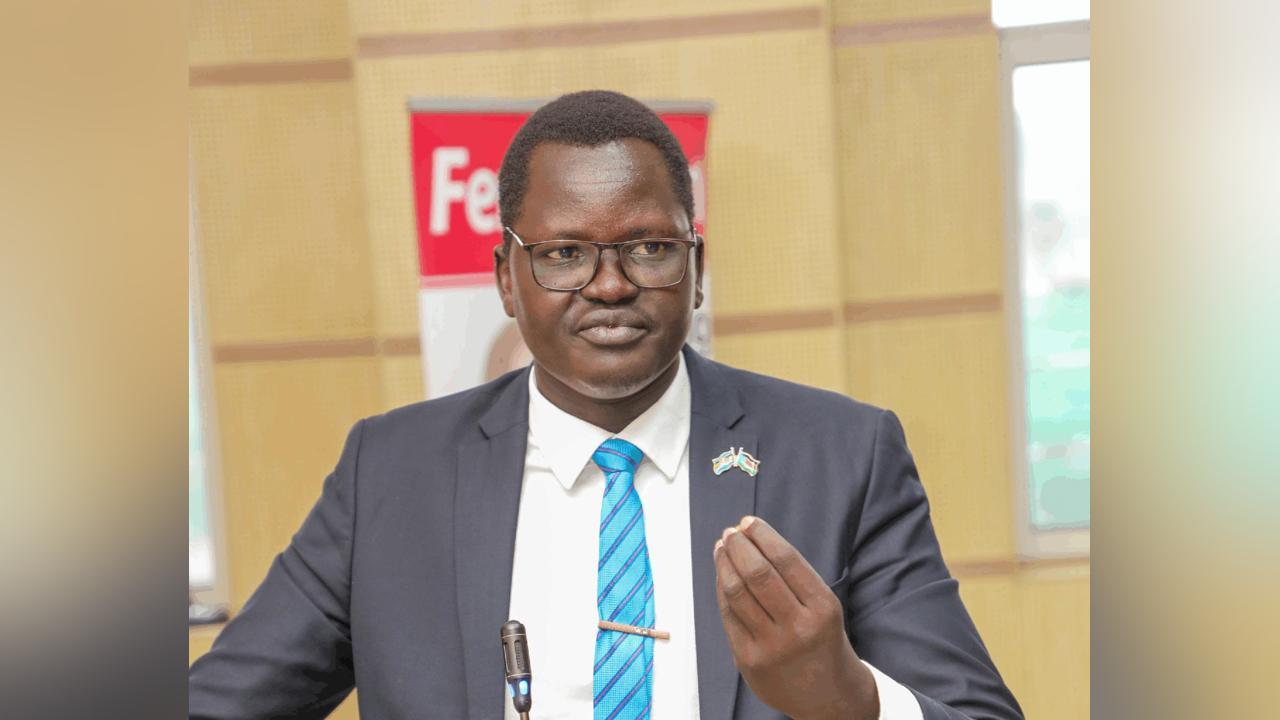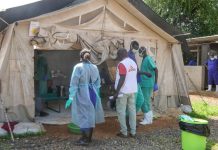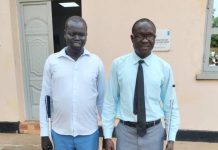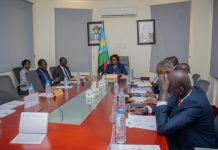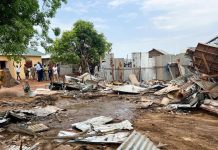Africa-Press – South-Sudan. The National Blood Transfusion Service says it is struggling to operate due to limited funding, warning that the financial constraints are affecting efforts to collect and distribute blood across the country.
Dr. Angelo Aruop Akeen, the Director of the National Blood Transfusion Service, says the agency has been operating at “almost zero cost” since donor support ended in December last year.
Speaking to Eye Radio in an exclusive interview, Dr. Aruop said lack of resources has made it difficult to conduct regular blood drives, carry out awareness campaigns, or respond effectively to emergencies.
“Previously, we were being supported by UNDP through Global Fund, and we were also supported By South Sudan Red Cross, which is a national society. They have been in support but then most of these projects came to an end last year in December,” he said.
“Since then we have been struggling here and there to keep the National Blood Transfusion Services running at zero cost almost zero cost,” he said.
Dr Akeen said the agency now depend limited number of individuals to donate blood, which is not enough.
But of course, on daily basis we contact individuals who are willing to support us if you can be able to support at least one blood drive fuel our car we go to Munuki and do blood drive fuel our car the next day we go to Konyo-konyo and do blood drive or go to Juba Mosque at wherever so that that is how we are surviving up to date,” he said.
Dr. Akeen said the health sector receives only about one to three percent of the total national budget, leaving little for operations like awareness campaigns, transport, and outreach.
“The National Blood Services is in the pool of the health of the Ministry of Health and the National Ministry of Health gets about 1 to 2 percent or 3 percent. Oh, yeah of the of the annual Total annual budget. So we are in that pool, sometimes we we don’t get anything but that’s it that’s where we belong,” he added.
The National Blood Bank, in addition to its main facility in Juba, also has regional centers in Wau, Malakal, and Torit.
However, Dr. Akeen says many of these facilities are poorly equipped and lack adequate funding, with some relying entirely on support from humanitarian partners.
He is now calling on the government and aid agencies to renew their support to ensure the blood service continues operating and saving lives.
For More News And Analysis About South-Sudan Follow Africa-Press

